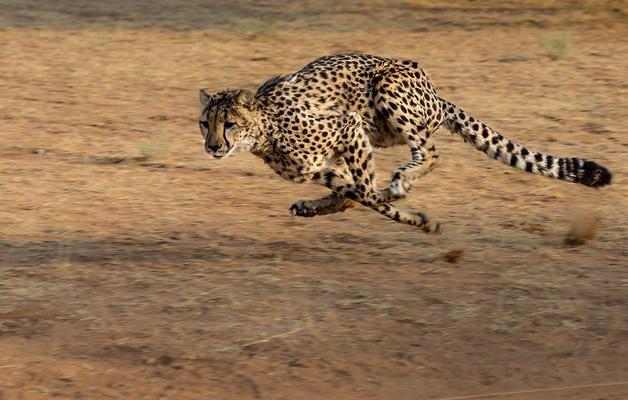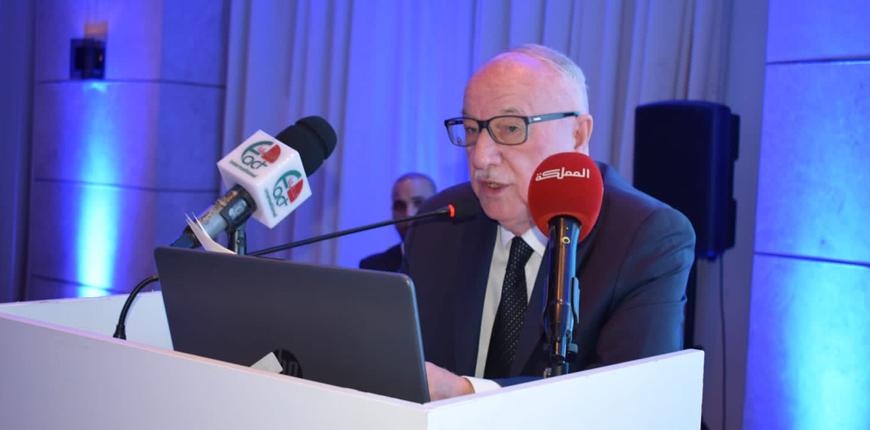You are here
Project sees cheetah population almost double in nine years
By ANA - Oct 04,2020 - Last updated at Oct 04,2020

There are more cheetahs in South Africa now than there were nine years ago, thanks to non-governmental conservation efforts that seem to be paying of (ANA photo)
CAPE TOWN — There are more cheetahs in South Africa now than there were nine years ago thanks to non-governmental conservation efforts that seem to be paying off.
According to conservation and environmental science news website Mongabay, South Africa is home to around 1,300 of the world’s roughly 7,100 remaining cheetahs and is the only country in the world seeing significant cheetah growth.
According to the Endangered Wildlife Trust, continued substantial growth of the human population in Africa will mean further habitat loss for cheetahs and further fragmentation of existing habitat.
The non-governmental organisations embraced “fortress conservation” with the introduction of the metapopulation initiative, whereby humans are fenced out of wildlife areas and wildlife is fenced in, to reduce chances of escape into human-dominated landscapes, thus reducing the risks of human–wildlife conflict.
According to Mongabay, Vincent van der Merwe, coordinator of the trust’s metapopulation initiative, said that when the project began in 2011, there were 217 cheetahs scattered between 41 reserves. Now there are 419 spread across 60 reserves.
Despite these conservation efforts, the African Wildlife Foundation said that live cheetahs are often caught and traded illegally to the exotic pet trade and they are also poached for their skin.
This activity is more prominent in East Africa and is most likely to have the greatest negative impact on wild populations.
Van der Merwe said fences can be both a blessing and a curse. While these barriers prevent cheetahs and other wild animals from migrating naturally to breed and feed, they also protect cheetahs from the growing tide of threats from humanity and agriculture, writes Mongabay.
Related Articles
South African doctors announced Friday that they had performed the world’s first successful penis transplant, three months after the ground-breaking operation.
AMMAN — The United States non-governmental organisation, Habitat for Humanity, opened a regional housing forum in Jordan on Wednesday with t
AMMAN — Research by the Journal of Wildlife and Biodiversity has shown “an alarming decline” in feline species habitats in the Kingdom, with

















